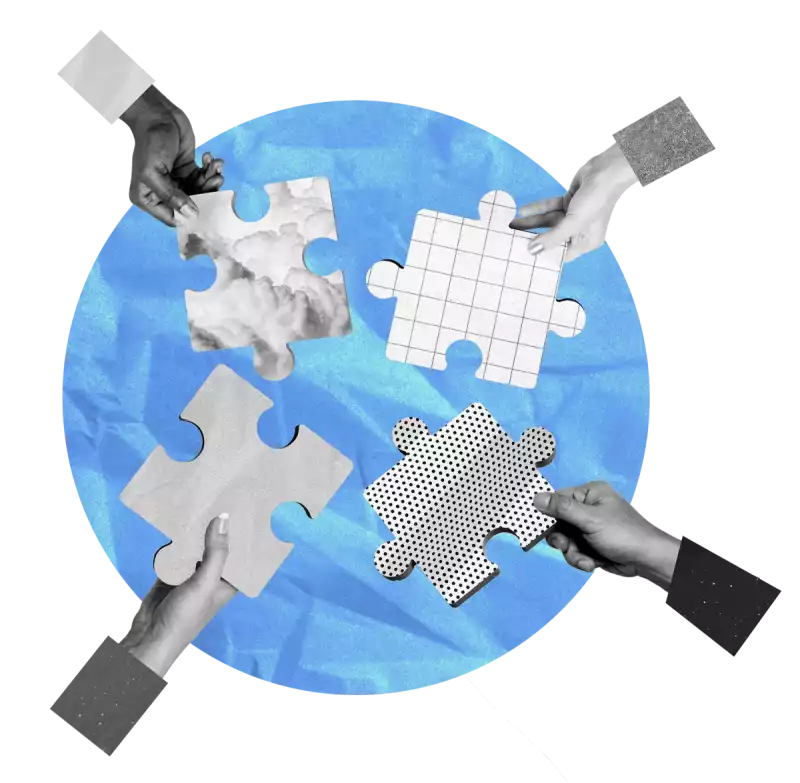This report presents the findings of a study regarding the types of Collective Action Initiatives (CAIs) that have formed around anti-slavery and anti-corruption that operate in 15 particular countries, and further focuses on characteristics identified both in terms of what makes initiatives effective. The study was funded by the UK Department for International Development.
Summary of findings
The prevalence and growth of CAIs targeting corruption and modern-day slavery is apparent. This study identified 98 CAIs spread across 15 countries. Each of the featured countries is host to civil society organizations working on these issues, and while some host few collective action initiatives, others host many. While India unsurprisingly has the most CAIs with 13, smaller countries such as Nepal (8) and Ghana (10) also boast a relatively high number of initiatives.
Our survey reveals a thriving network of anti-corruption CAIs (68 in total), with a growing number of CAIs focused on combating forced labour (30 in total). Some countries such as South Africa, India, and Nepal host a vibrant network of CAIs across both sectors, while other countries such as Nigeria and Mozambique display a much higher existence of anti-corruption CAIs.
Forward action then should focus on continuing to align existing institutions with corporate entities in a manner which focuses on the success factors. One of the strongest factors, as indicated by multiple groups surveyed, begins with coalescing collective action around existing corporate compliance problem areas, sharing data, and establishing an agreed upon compliance framework from which to jumpstart advocacy initiatives. The list of NGO and NGO-governmental coalitions is often long, yet in many cases lacks support from the private sector. The prerequisite condition of institutional success and enduring nature of these initiatives is corporate buy-in and support.











